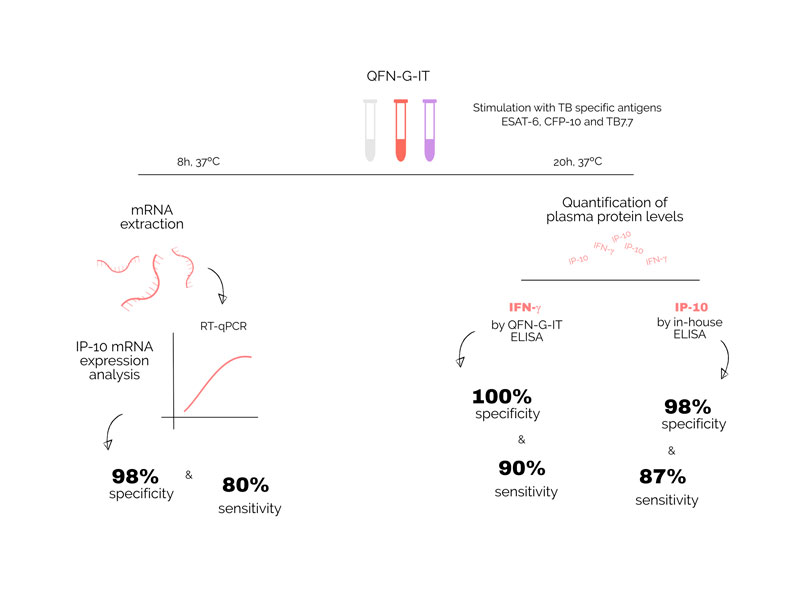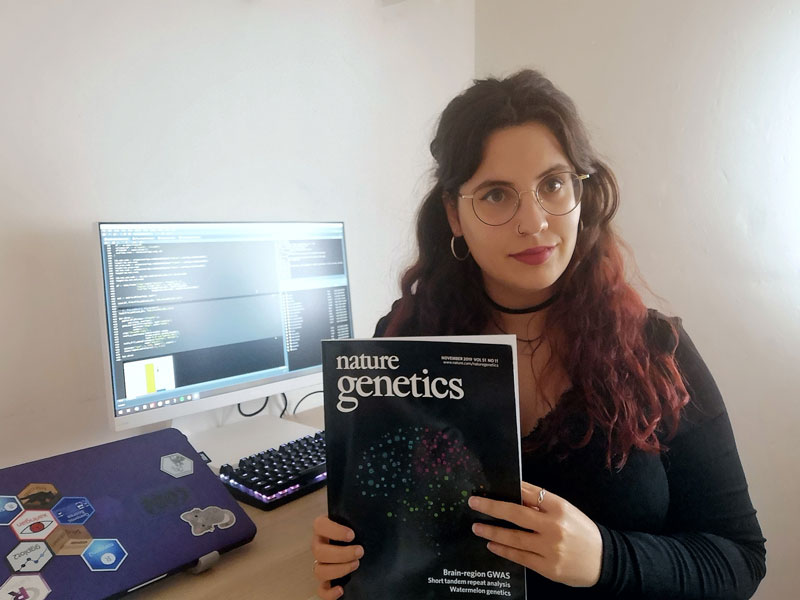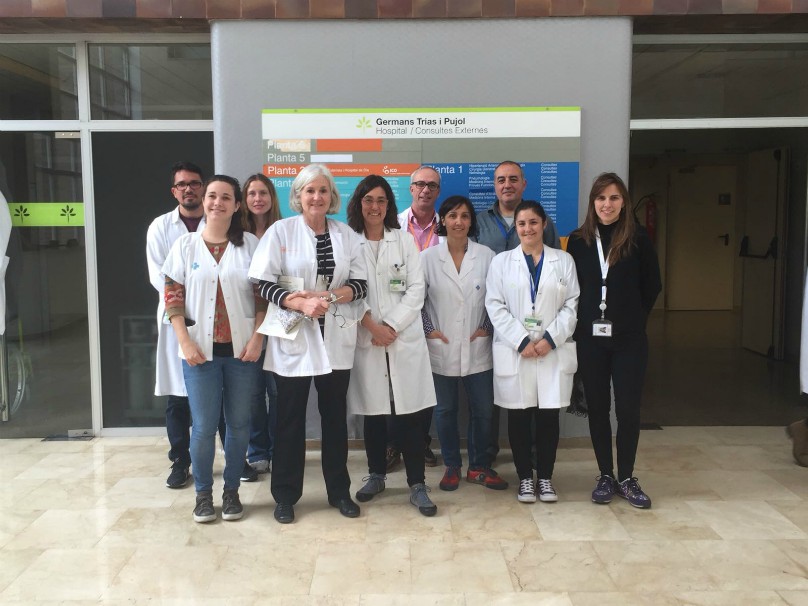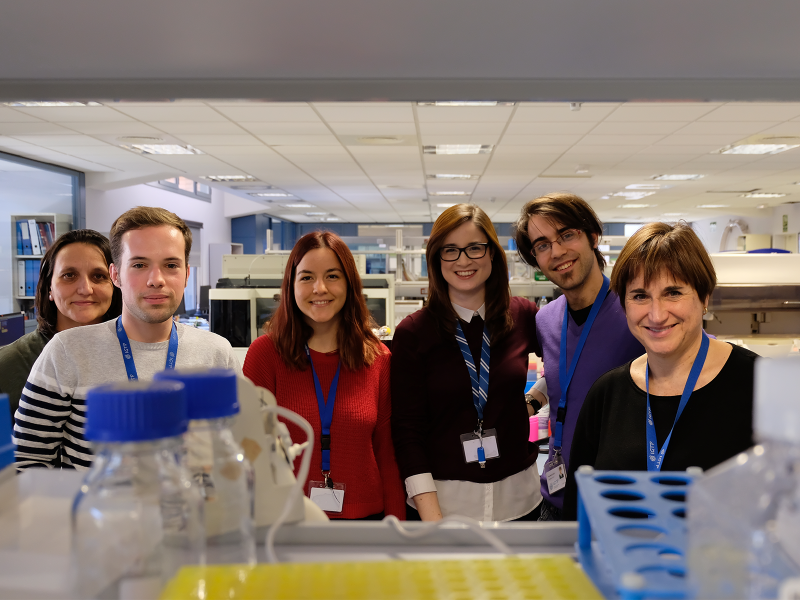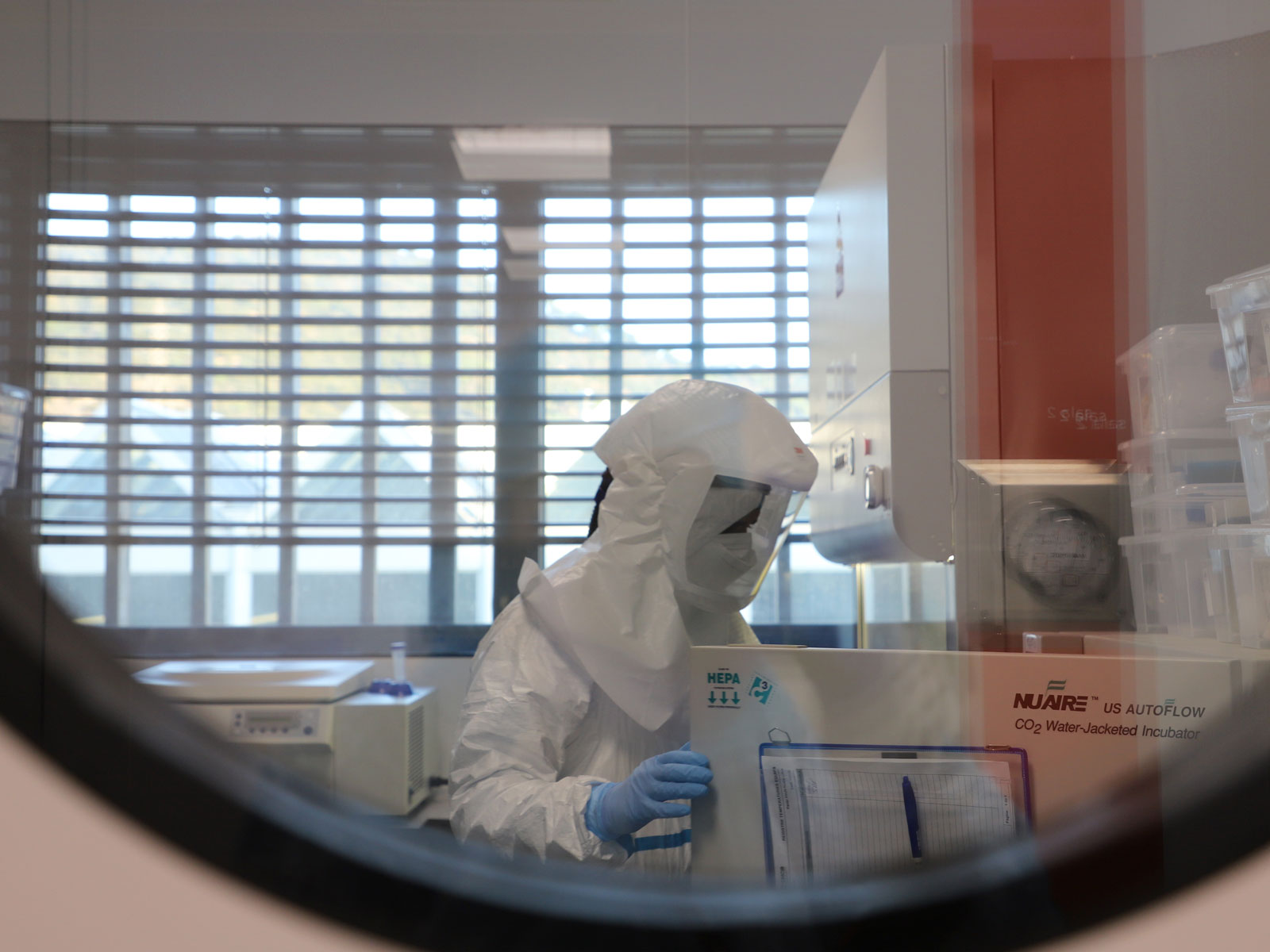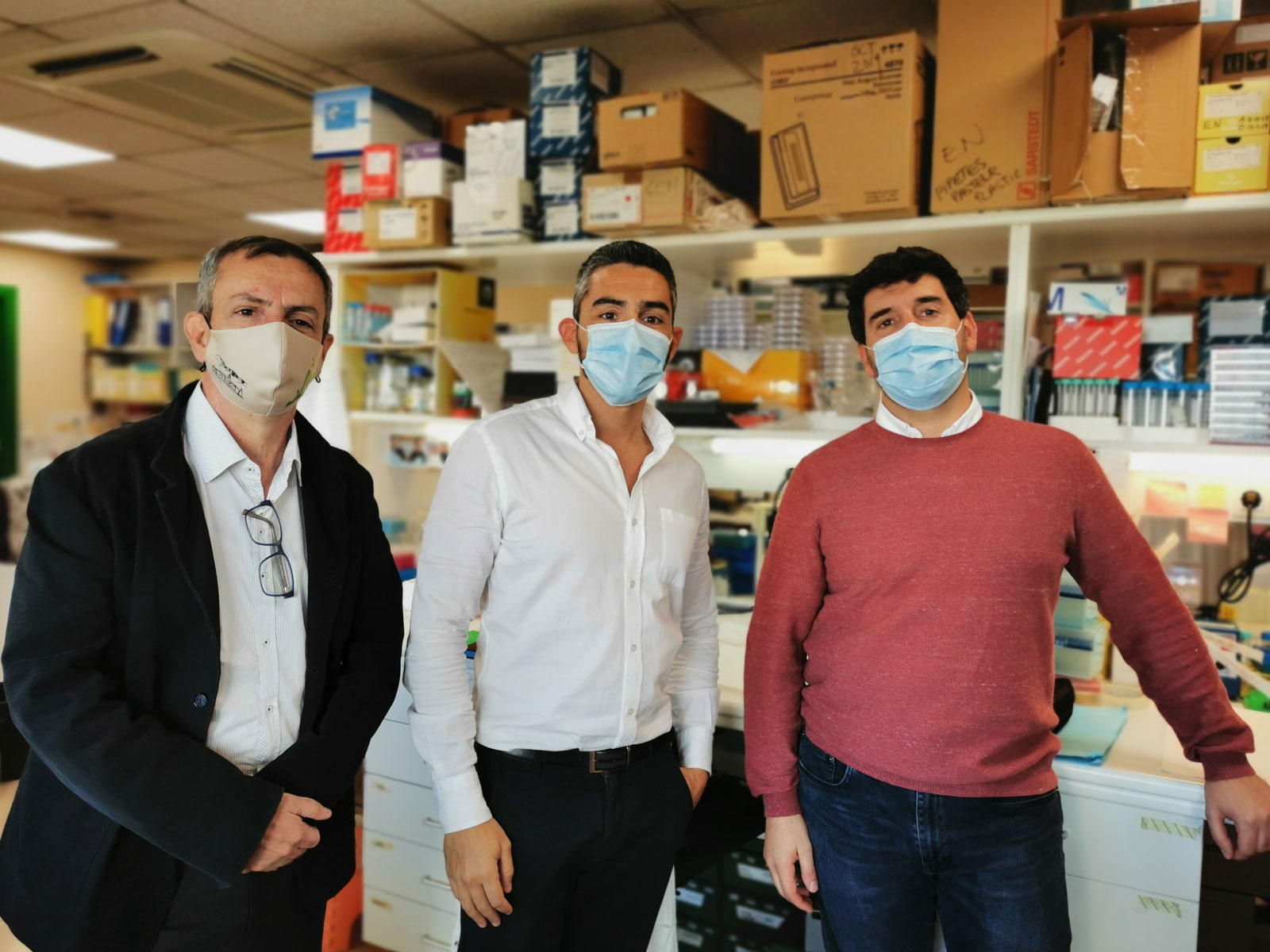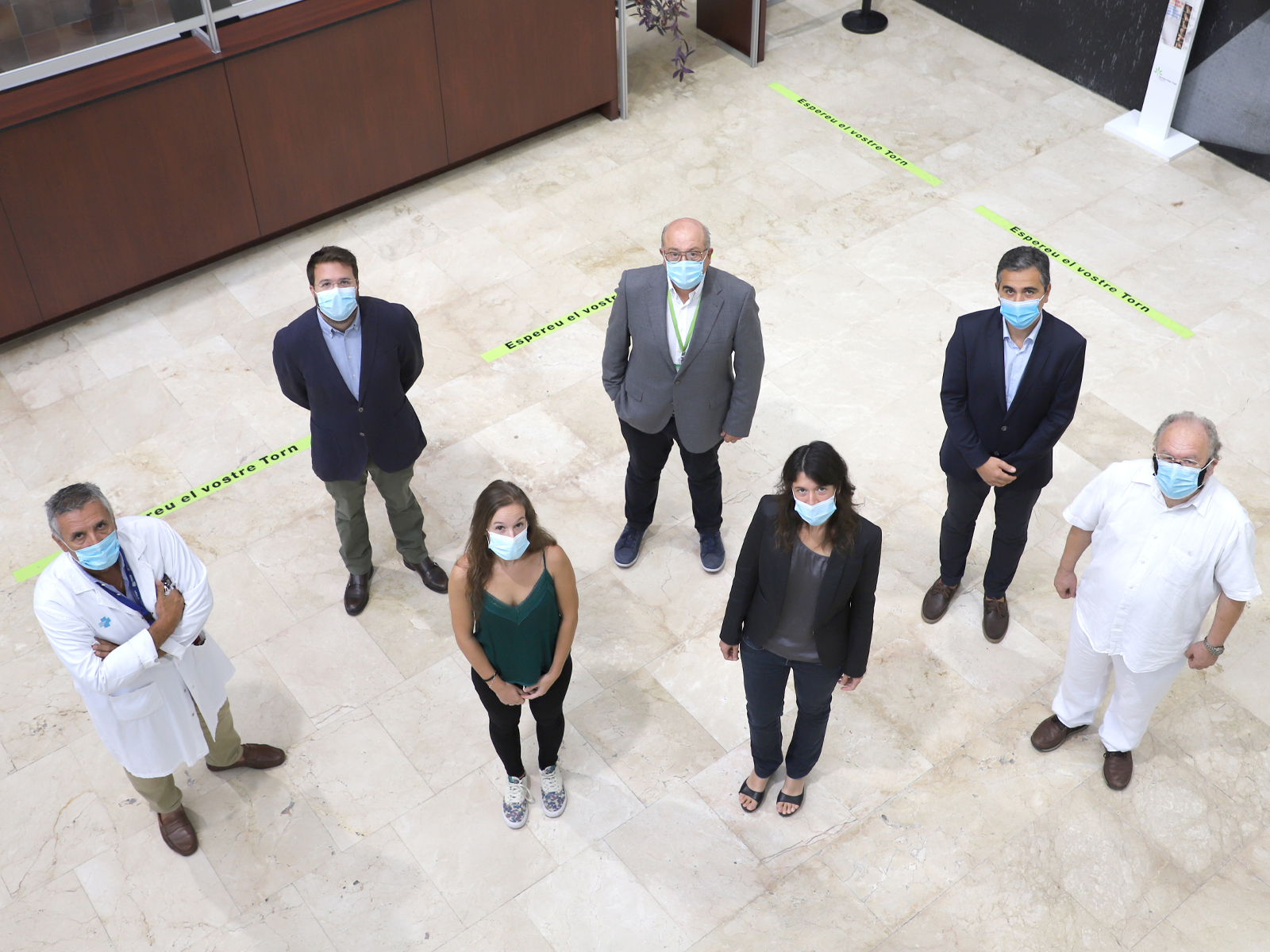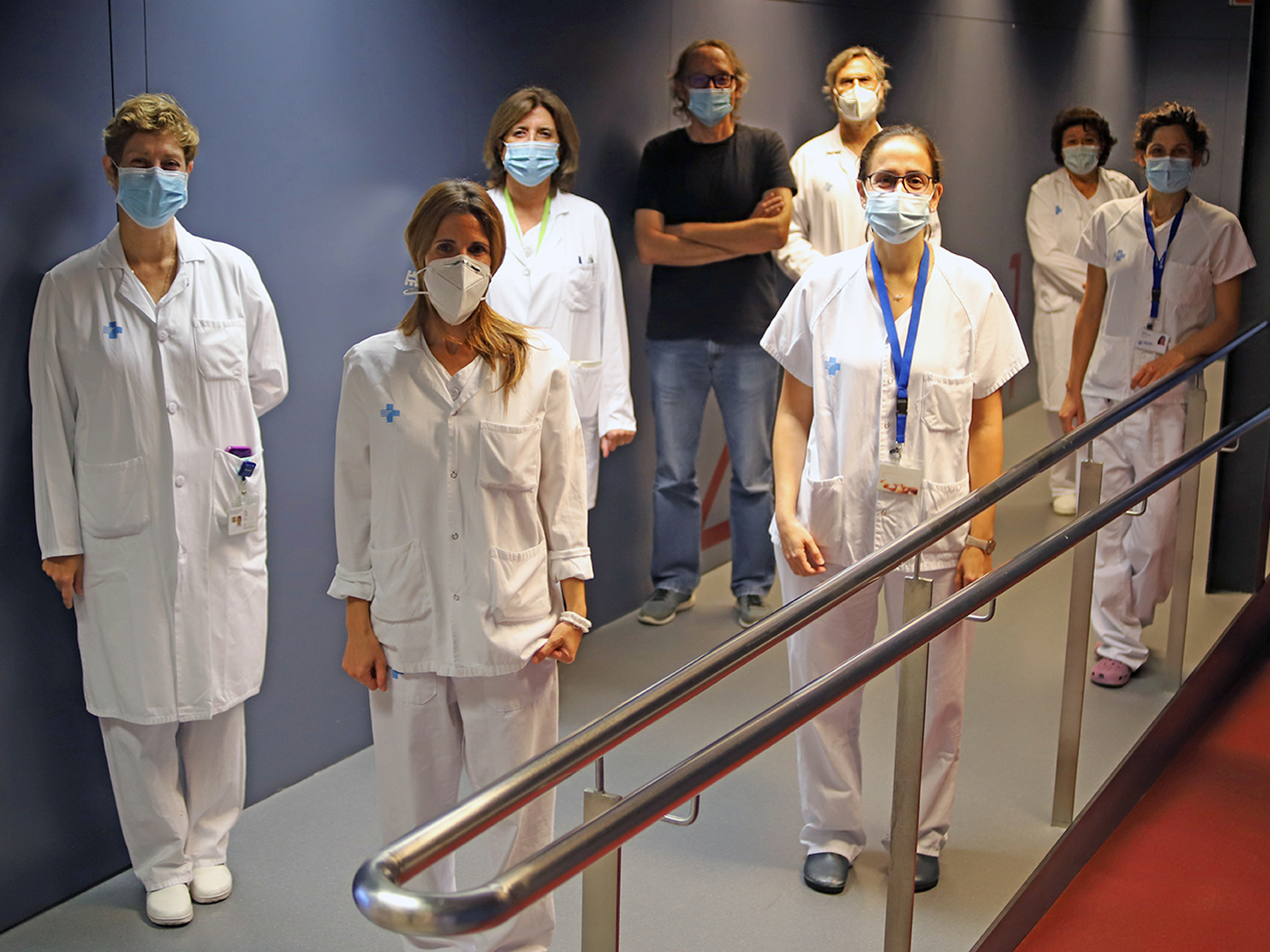The IGTP Participates in 3 Projects funded by the 2019 Edition of La Marató
The Germans Trias i Pujol Research Institute (IGTP) has received a total of 305,680 euros for three projects on rare diseases in which it participates or coordinates. In total the three projects have received financing of more than a million euros, to be divided between the several institutions participating. This edition of the fundraising marathon will fund a total of 41 biomedical research projects of excellence on rare diseases. The projects aim to provide better diagnosis at birth and provide more efficient and safer treatments to improve quality of life and extend the lifespans of people affected.


